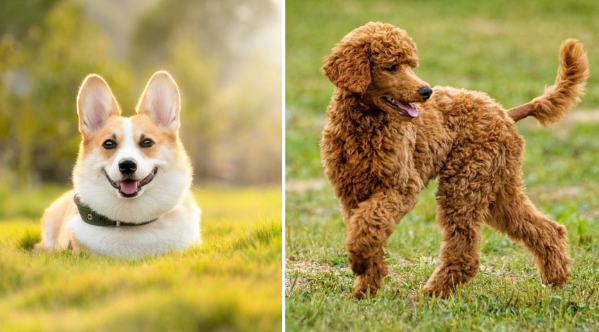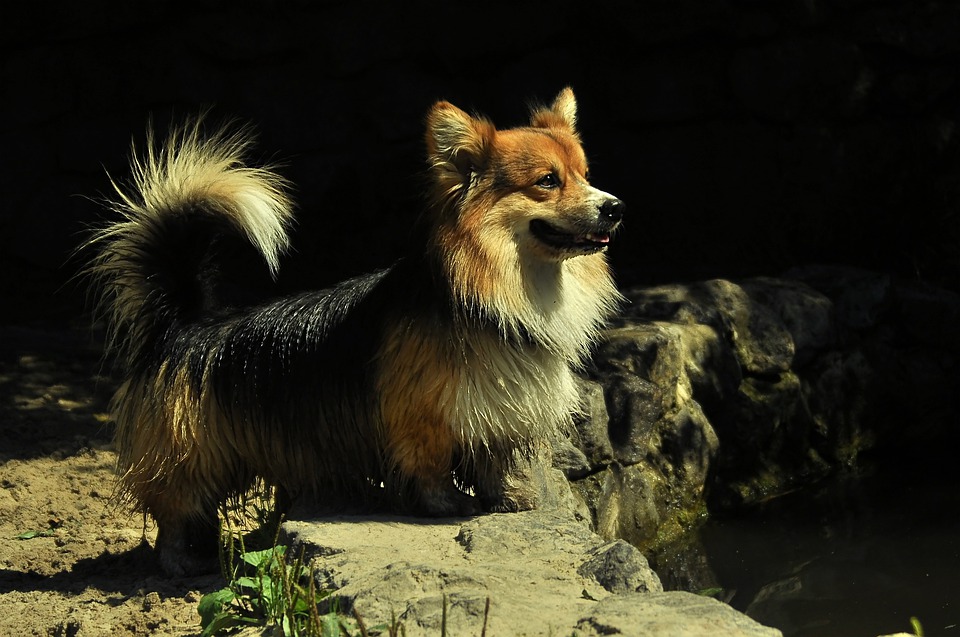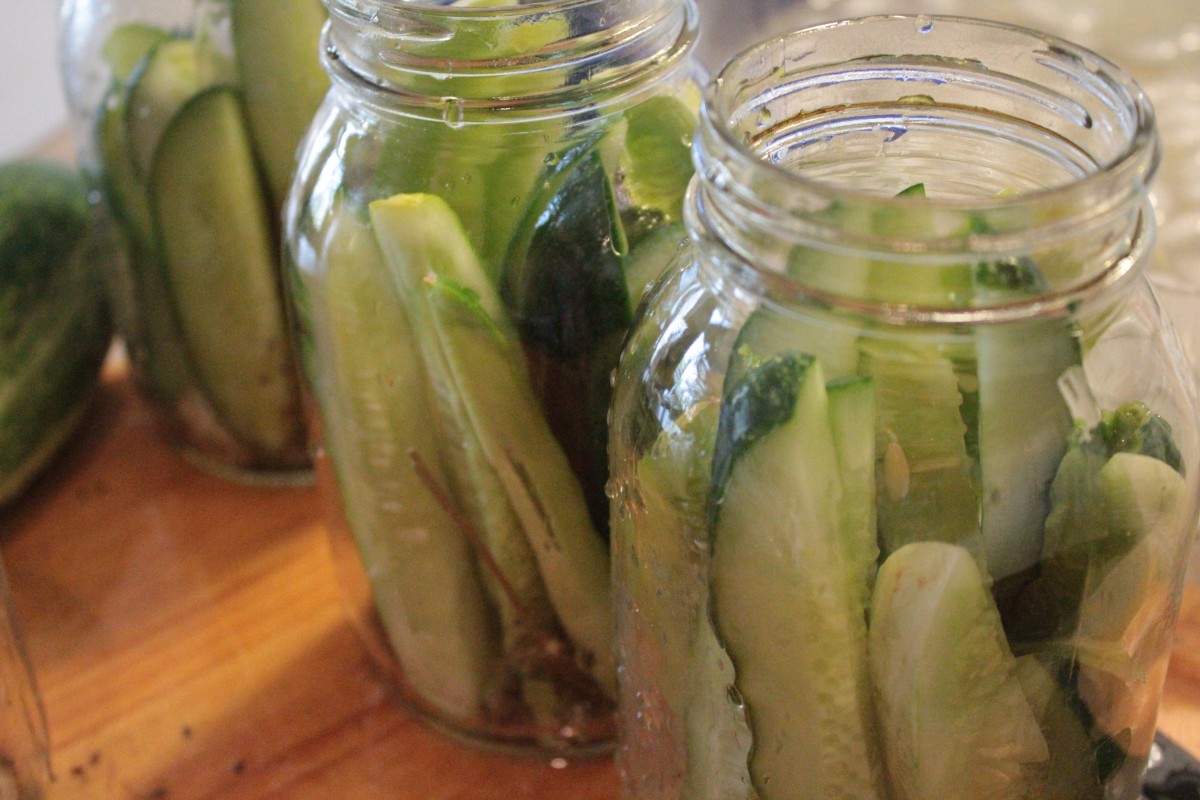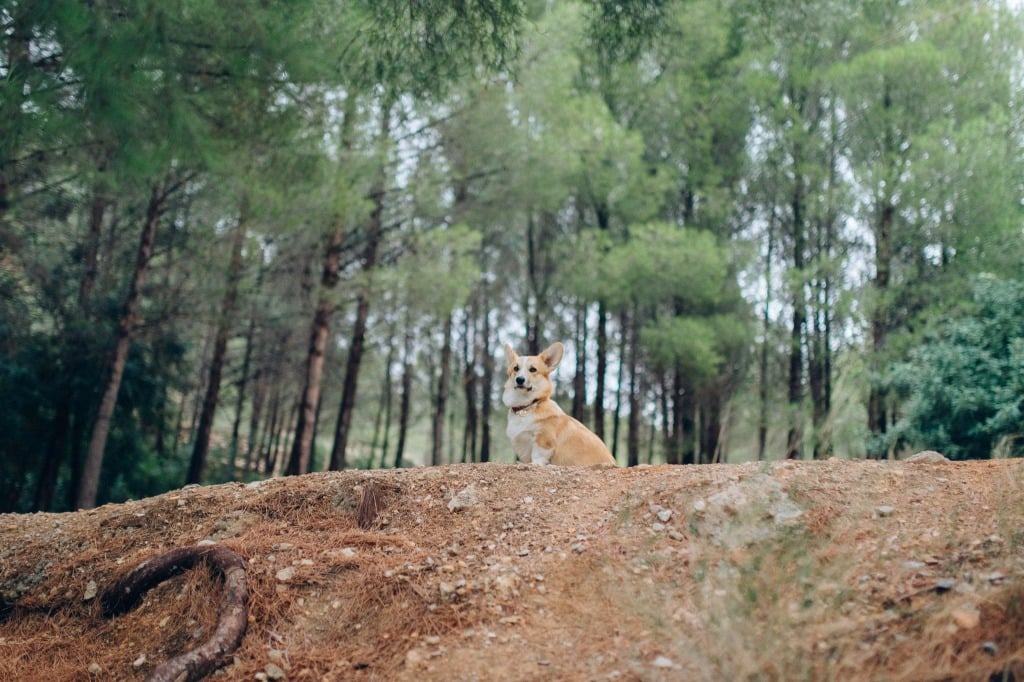Reasons Why Breeding a Corgi is Harder Than You Think

Corgis- The dwarf furballs
You might have heard of clothes coming and going out of fashion. It turns out the case is not much different for dogs. In the late 2000s, Corgis were moderately famous. However, since the beginning of the next decade, they had their names among the top twenty most popular dog breeds in America.
One of the primary reasons for this is their small size yet manly demeanor. They also have cute rounded butts. Their royal connections have also worked in their favor and boosted their popularity. But it is also a fact that corgis are quite high maintenance due to their thick undercoat and shedding. Thus, breeding them is no cakewalk. Let us find out why breeding a corgi is not as easy as it looks.
They shed….a lot.
With a cute little corgi come lots of hair. Unlike some other dog breeds, corgis have to be groomed all year long due to their constant shedding. During some parts of the year, it increases, but you will need to keep them clean all the time.They have a double coat, which prevents damage to their skin and ensures proper management of their body temperatures. This coat keeps adjusting itself according to the surroundings and seasons and is quite adaptive.
If you are someone who wears a uniform to work, is too busy to clean their house every day, or prone to dog allergies, corgis aren’t for you. Having a corgi demands a lot of brushing, lint rolling, and vacuuming.
Corgis are expensive
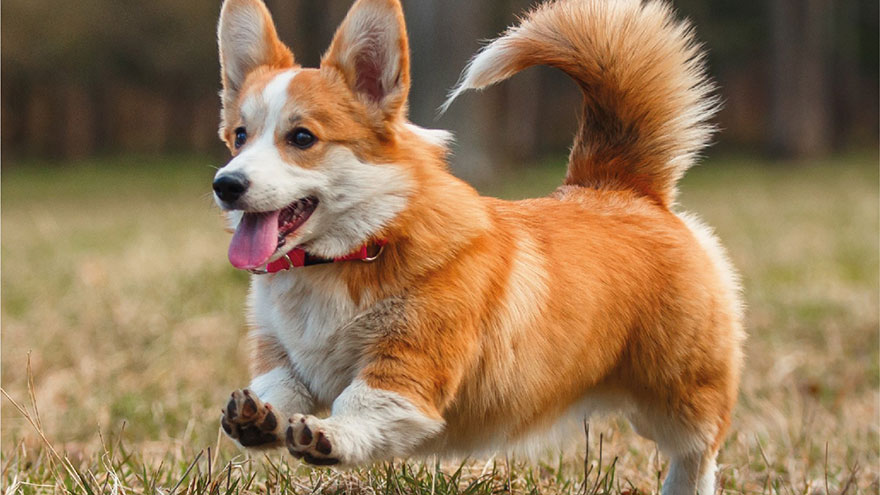
The average price of a corgi is between $400-$1200 and may go as high as up to $4000 depending upon the breeder. The reason for this is their high demand and maintenance.
Corgis are prone to various health issues such as Canine Hip Dysplasia, Obesity, Hyperthermia, Canine Cystinuria, Intervertebral Disc Disease etcetera. And if you are paying a hefty price for your dog, you need to know that your dog has been tested for diseases.
As a result, breeders have to carry out various tests, which add to the overall cost of the dog. If they are missed, these diseases can later cause you to spend thousands of dollars on your pet.
Ideally, ethical breeders don’t breed dogs for making profits. But as these tests cost a lot, the overall price of the dogs goes up. But it is better to get a well-tested healthy pup than having to spend more on it later.
Corgis tend to be quite vocal

They are vocal dogs and often express themselves through a wide array of puffs, moans, and barks. Corgis are very smart and are able to understand human emotions. They are not afraid to be vocal and show emotions.Corgis are also quite shy. They often growl when too many people are around them. They bark at just about every moving thing they see. They were evolved to become herding dogs, so this is a common evolutionary trait for monitoring animals.
Even though you may train them not to bark, you can never eliminate a trait resulting from years of genetic mutation. Thus, before having a corgi know that they will bark a lot.
Lack of knowledge concerning breeding
When it comes to selective breeding, some breeders often take unfair advantage of the body traits of dogs and exaggerate it to sell their dogs at a high price. But, as most people love corgis, their demand is very high.
Some ill-intentioned breeders make their dogs smaller and over-emphasize the sausage shape. Unfortunately, the public is not knowledgeable enough, and they will pay a premium price for exaggerated features. They do not realize that these changes will cause them to pay premiums out of their pockets later when dogs develop vertebral diseases. Some owners even sell their dogs at a steep price because they find getting rid of them better than paying for their treatment.
Emotional Attachment

Corgis give birth to about six to eight puppies, on average. Imagine breeding your female corgi with a male, and then she gets pregnant. You take care of the dog for the full 63 days of pregnancy. Soon you see little pups sprawling around your house and spreading joy.
If you ask a breeder the hardest part about breeding, they will undoubtedly say- Letting their beloved pups go. When you take care of your dog by engaging in activities like feeding them, playing with them, watching them grow before your eyes, and handling them daily, you start to wonder that maybe you should keep one of the puppies for yourself. Soon after 2-3 months, families start coming and taking them away. It simply hurts to see them go.
They are highly prone to health issues
Corgis are usually healthy dogs, but much like any other breed, they are prone to some diseases. Some of these are quite common, and they have a history of developing them. For example, due to their biological anatomy, they are prone to hip dysplasia. In this disease, the thigh bone does not line up with the hip joint.
Furthermore, they are vulnerable to degenerative myelopathy, intervertebral disc disease, and canine cataracts. Hence, when getting one, you should always ask your breeder for health reports and their hip score.
Require a strictly monitored diet
It is widely known that corgis get obese easily. They have an adorable face which makes it even hard to say no to them when they request to be fed. But given the dire consequences of their overeating, you will have to keep a strict check on their diet. You need to give them small-sized portions spread throughout the day and weigh them regularly.
Conclusion
To conclude, nothing good comes off easy. And if the outcome of your zeal and hard work is an endearing little corgi, it is worth it. Breeding a corgi has some downsides for sure, but it will give you a chance to improve your favorite breed and spend your time in joy. As they gain popularity, various breeders try unethical ways to maximize their profits. We advise you to pet them with utmost care and affection, and they will certainly give it back to you!


